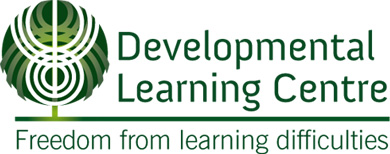Perhaps the greatest achievement of early life is the ability to stand upright and then to walk.
Every healthy child has an irrepressible need to move and struggle to attain an upright position, and these early movements actually build a sensory “map” of where they are in space.
Creeping and crawling on all fours, rolling on the floor, rocking to and fro, cruising the furniture, finally standing alone unsupported, rocking on Dad’s knee, spinning, twirling, swinging and rolling down hills and are all activities most children love - and they will repeat them over and over again.
The repetition of these activities result in a store of movement patterns (which are developed by the vestibular nucleus) in the brain and they are then stored for ready access in the cerebellum, the part of the brain which coordinates our movements. When enough information has been processed and stored in the cerebellum, the toddler sets out on his journey of exploration of the world.
By the age of 5-6 years, our child has enough information and experience stored to enable him to run, jump, hop, skip at will and also sit still and listen when required.
This ability to keep our heads still and upright enables us to think clearly and to concentrate - this is a key capacity which each child needs to develop if they are to succeed at school.
It is therefore very important that as parents we do not interfere with this process. The struggle itself is important, and the infant should not be aided by the use of walkers, jolly jumpers and the like.
To restrict the natural movement of the baby and inhibit the formation of pathways makes learning more difficult for our children
This fact cannot be stressed too much. In my parenting workshops I often get asked the question “ What can I do to prevent my child from having learning difficulties?”.
While there are many contributing factors which may cause learning difficulties, including a family history (or hereditary factor) my first answer is simply this:
Put Your Baby on the Floor.
Let your child struggle on the floor, knowing that this process will build the pathways and bridges needed for reading, spelling, writing and mathematics.
Would you like to get help for your son or daughter?
Call me (Rosemary) at the clinic on 0800 543 399 or simply contact us to enquire about an initial assessment for your child.
